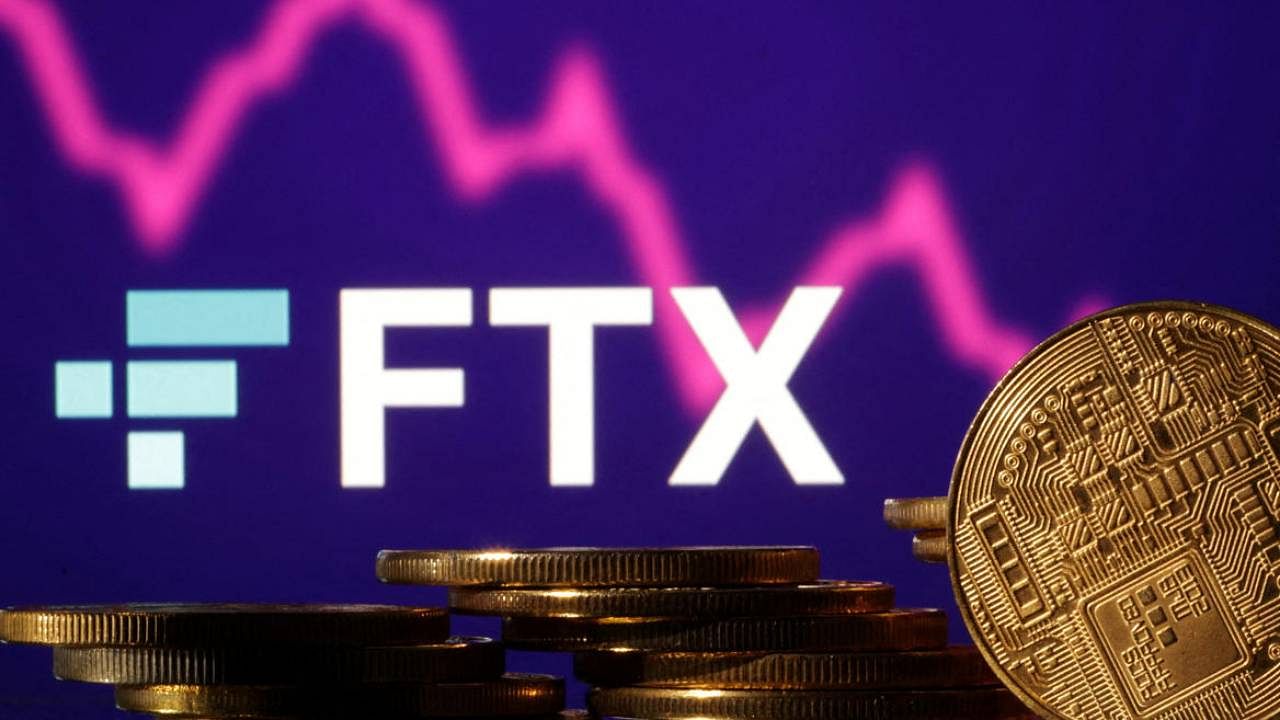
By Michael Tobin and Katie Roof
Among the last people to realize that the cryptocurrency exchange FTX was a financial time bomb were the company’s own investors. On November 7 — as troubling signs began to emerge, customers were withdrawing money and the founder was tweeting unconvincingly that “assets are fine” — a broker of startup stock made inquiries to FTX’s venture capitalists and other shareholders to see if anyone wanted to sell, according to correspondences seen by Bloomberg. No one did.
A transaction probably wouldn’t have gone through anyway, given how quickly FTX hurtled toward bankruptcy after that, but the fact that the offer was declined indicates how ill-equipped investors were to assess the company’s toxicity. This highlights a long-running flaw in venture capital: Technology investors are drawn to the idea of funding the next PayPal, but many lack the expertise needed to evaluate the legal and financial risks associated with so-called fintech businesses.
There’s a legacy of venture-backed fintech scandals and collapses. They include Lending Club and OnDeck Capital’s shady loans, Greensill Capital’s risky debt, LendUp’s allegedly predatory payday loans, Fast and Xinja Bank’s unsustainable business models and Reali’s economically fragile mortgage product.
In the case of FTX, Sam Bankman-Fried built a pair of successful crypto exchanges similar to Binance or Coinbase Global Inc.’s but with an immensely risky twist. He owned a separate company, Alameda Research, that was conducting trades using money customers deposited into FTX, according to the Wall Street Journal. On top of that, Alameda’s assets were built on a token sold by FTX, according to Coindesk.
The Coindesk article, published last week, was the first alarm for many. It prompted a large selloff of the FTX-affiliated token and withdrawals from the exchange. But FTX’s backers seemed unfazed. Many said that they were blindsided on Nov. 8 when Bankman-Fried agreed to sell the company to Binance and that they learned of the deal on Twitter. The next day, Binance backed out after a financial review and suggested there were unresolvable problems with the business.
In theory, severe flaws like this could be caught by VCs in a pre-investment review period called due diligence. But because Bankman-Fried had a complex web of businesses, investors lacked the full picture. For example, Sequoia Capital said in a statement that it conducted a “rigorous” due diligence process. But when the firm invested in two of Bankman-Fried’s companies, FTX.com and FTX.US, it didn’t have access to Alameda’s balance sheet, Bloomberg reported.
In several cases, the VCs closest to FTX had limited experience in finance. For example, Ravi Mhatre, a partner at Lightspeed who oversaw the firm’s FTX investment, specializes in software.
FTX’s backers didn’t demand board seats as a condition of their investments, as they typically do. The three-person board consisted of Bankman-Fried; Jonathan Cheesman, a former FTX executive; and Arthur Thomas, a lawyer in Antigua who specializes in online gaming.
The peer-to-peer lending crisis of 2016 revealed similar failures of oversight by investors. OnDeck relied on suspect brokers to source deals, many of whom had been convicted of crimes like insider trading and embezzlement. The Lending Club CEO was forced to resign amid alleged ethical breaches that involved misdated loans and conflicts of interest. Meanwhile, the US Consumer Financial Protection Bureau halted the operations of LendUp, saying it was “backed by some of the biggest names in venture capital” while “repeatedly lying and illegally cheating its customers.”
VCs sometimes bring a misguided assumption that technology can change the economics of a lending business, said Nelson Chu, founder of Percent Technologies, which facilitates transactions for private credit investors, borrowers and underwriters. “They almost magic powder, wish it away through technology,” he said.
A visible example is last year’s collapse of Greensill, the UK and Australia-based supply chain finance company. It was built to a large extent on money from SoftBank Group Corp.’s tech fund to act as a middleman for corporate debt. Its mistakes cost SoftBank a lot of money and were near-catastrophic for the Swiss lender Credit Suisse.
“Venture capital keeps trying to tell this story to the public market investors, or maybe themselves, of this suspension of disbelief,” said Jason Mikula, a fintech consultant and former product manager at Goldman Sachs Group Inc. “‘We’re going to bring in tech, and everything is going to be different now.’ We’ve seen plenty of examples of that not being the case.”
SoftBank is exposed again as a shareholder in FTX but with less to lose this time — about $100 million. Perhaps more worrying for SoftBank and the VC community is the contagion FTX will spread to crypto at large. VCs put $30 billion into crypto just in 2021. The FTX saga erased billions this week from the market values of publicly traded crypto stocks and much more of digital currencies.
“It really is devastating for the image, credibility and legitimacy of the crypto market that connects to every day people,” said Yesha Yadav, a professor of law who focuses on securities and cryptocurrency regulation at Vanderbilt University. “This is as big as it gets.”